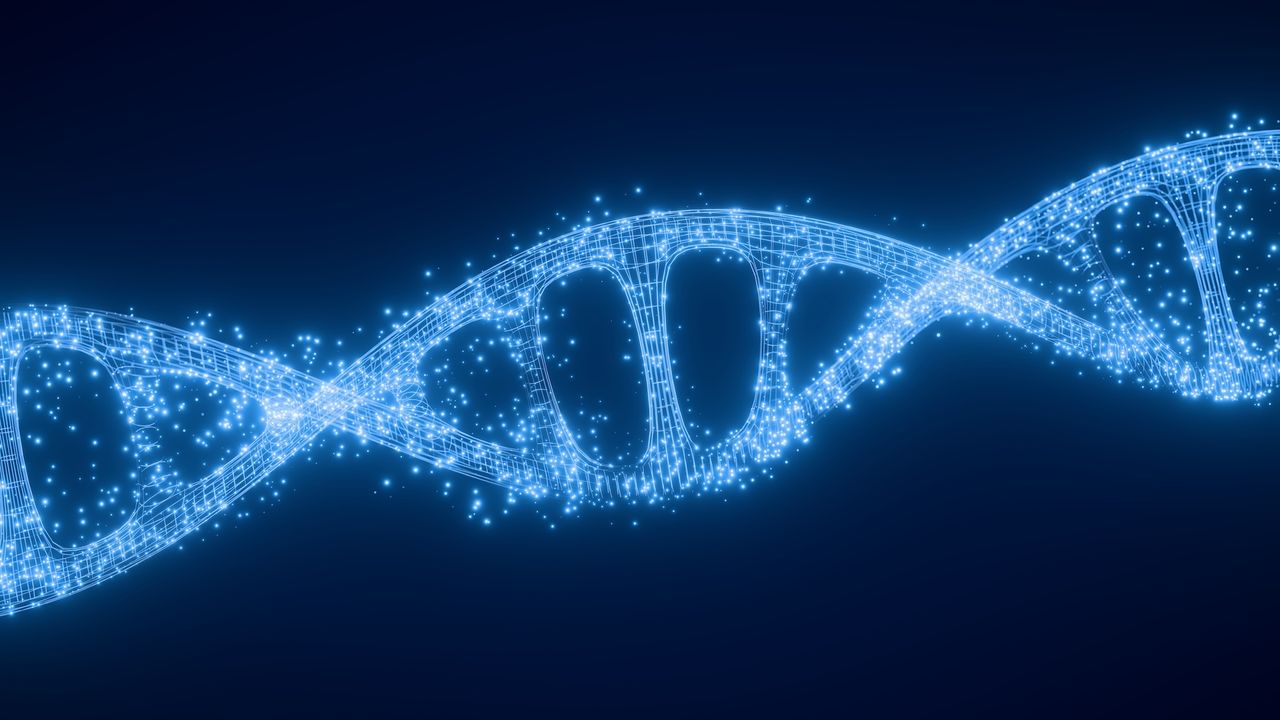Now Reading: Scientists Explore Genetic Links to Human Hibernation Potential
-
01
Scientists Explore Genetic Links to Human Hibernation Potential
Scientists Explore Genetic Links to Human Hibernation Potential

Quick Summary
- Hibernation-related DNA in humans: Researchers have identified genes tied to metabolic regulation during hibernation in mammals,and humans also carry similar DNA.
- Potential medical applications: Understanding these genes may help treat conditions like type 2 diabetes and protect the nervous system from stroke-like damage.
- Laboratory studies on mice: Using CRISPR gene-editing, scientists targeted specific genetic elements (CREs) linked to metabolism and behavior. Some changes affected weight gain,metabolic rates,and food-foraging behaviors.
- Key findings include:
– Altering the FTO locus (tied to obesity risks) impacts metabolism and energy control.
– Male versus female mice showed different physiological responses to gene deletions.
– Hibernation-related mechanisms might influence how humans adapt metabolically without requiring hibernation itself.
- Scientists emphasize further exploration is needed to unpack downstream effects of genetic modifications for future human applications.
!An illustration of DNA in a digital futuristic style
Indian opinion analysis
The research underscores the untapped potential of hibernation-related genes in addressing human health issues such as obesity,diabetes,and neuroprotection. For India-a country with rising cases of lifestyle diseases like diabetes-the scientific insights could lead to novel treatment strategies tailored for a population struggling with urban stressors and metabolic disorders. Though, given India’s rich biodiversity with animals that exhibit hibernative patterns or torpor-like states naturally (e.g., certain bats or rodents), there is room for India’s scientific community not only to adopt global advancements but also conduct indigenous studies leveraging local wildlife populations. This approach could expand knowledge frameworks while fostering innovation at home.
Simultaneously, ethical considerations regarding gene editing technologies like CRISPR would need careful deliberation by policymakers here before clinical applications arise. As a nation advancing biotechnology capabilities rapidly yet navigating socio-economic disparities carefully-India must strike a balance between adopting cutting-edge science while ensuring equitable healthcare outcomes across economic strata.



























